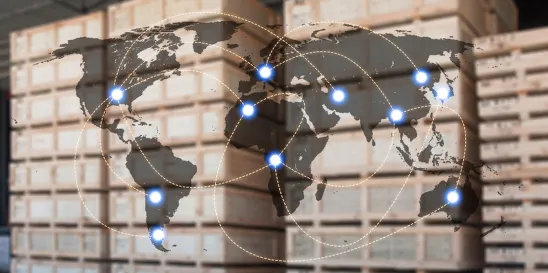The landscape of U.S. export controls on advanced semiconductors and related toolings is evolving, with anticipated changes potentially impacting the business operations of companies throughout the global supply chain for products driven by advanced semiconductors and the development of similarly supported technologies.
In October 2022, a crucial Interim Final Rule (IFR) was released, putting a spotlight on advanced semiconductor chips and related transactions. Now, a second IFR is on the horizon, having undergone final review from the White House Office of Management and Budget (OMB). From sources, we understand that we could see it as early as today or tomorrow but certainly before President Biden is expected to meet with PRC President Xi at the APEC meeting in about a month in San Francisco.
What can we expect in the new rule? An expansion and update of the previous IFR, intending to tighten controls on AI chips, specifically those classified under ECCN 3A090 and related computers, electronic assemblies, and components classified under ECCN 4A090, while also casting a wider net in terms of geography and scope. This suggests that chips like Nvidia’s H800 and A800, originally made to meet the first set of rules but which still possibly enable China to power advanced AI systems, might face tighter regulations and controls.
On the manufacturing front, we hear that the second IFR may require licenses for transfers to around six Chinese fabrication plants and may lower the threshold of U.S. technology in foreign semicap, thereby bringing more equipment under U.S. regulation. For instance, ASML, the Dutch firm that’s a giant in the field, might see tighter reins due to the U.S. technology integrated into their lithography machines.
The new IFR is also expected to harmonize with rules from the Netherlands and Japan, each of which has imposed its own controls on semiconductor manufacturing equipment this year. So, expect a blend of Japan’s list and the Netherlands’ list, omitting items already covered on the U.S. Commerce Department Control List (like ECCNs 3B001, 3B090, 3B991).
Looking ahead, future regulations related to cloud services are expected, which might be introduced as part of a separate action.
Finally, the U.S. recently informed three significant Asian chip manufacturers—South Korea’s Samsung Electronics and SK Hynix, and Taiwan’s TSMC—that they can continue their current operations in China for the time being. Samsung and SK Hynix have been designated as “validated end users,” allowing them to import U.S. chip-making equipment for their existing Chinese facilities without additional U.S. approval. The two nations have agreed to a pre-approved equipment list, enabling maintenance and minor upgrades at China-based facilities.
Meanwhile, TSMC is likely to receive another one-year waiver, maintaining its China operations without significant technological upgrades.
Additional Authors: Edward Newberry,, Michelle Story, Camilo Daza Manga, Dominic Braithwaite and Feier Wu









 />i
/>i

